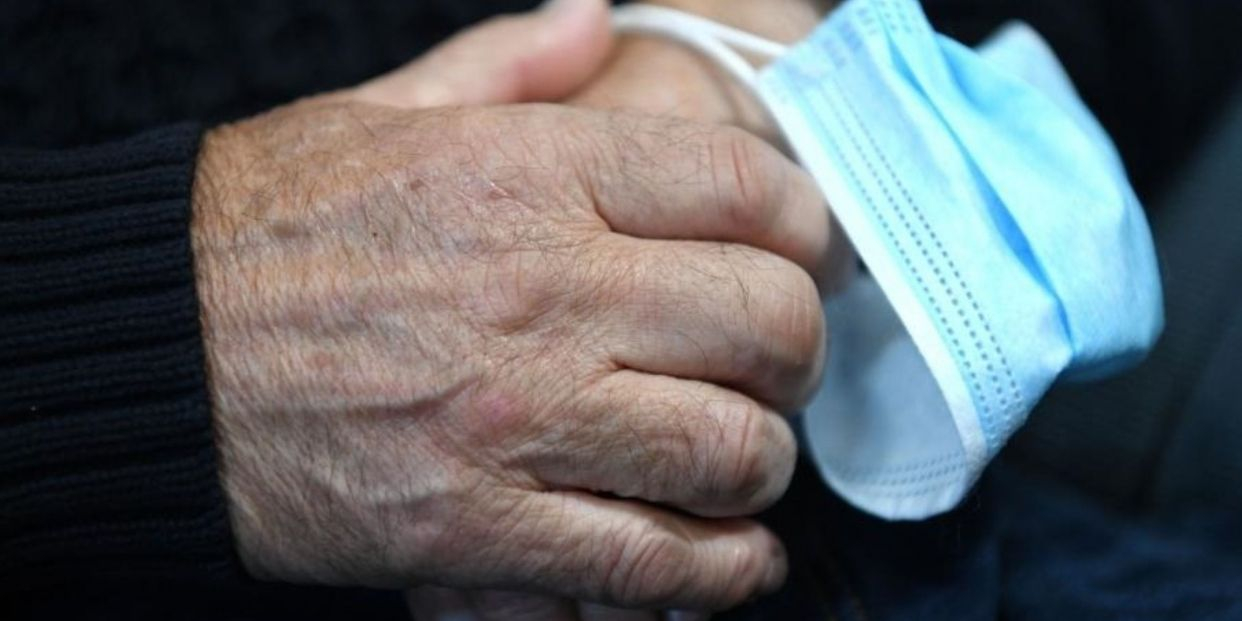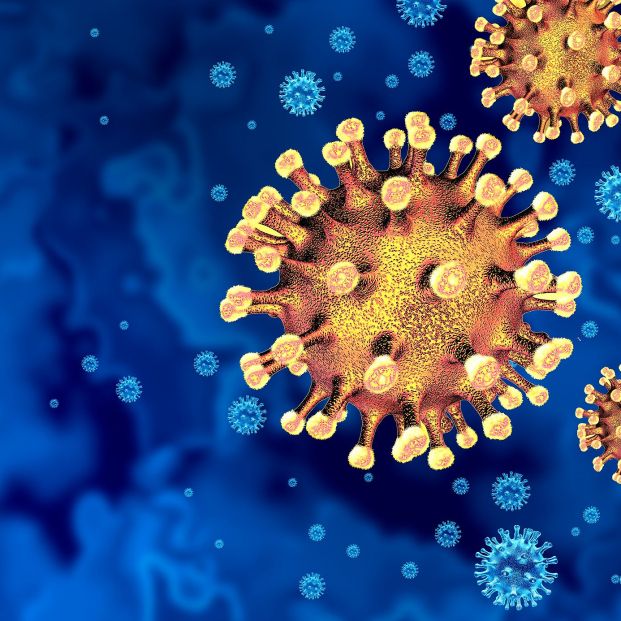Why do children have milder symptoms of Covid-19?

Researchers from University College London (UCL) have found the answer to this question. Why children experience milder Covid-19 symptoms than older people. They did this after finding in a new study published in Natural microbiologyimportant differences in how each’s nasal cells responded to the SARS-CoV-2 virus.
The study, carried out by researchers from UCL and the Wellcome Sanger Institute, focused on the early effects of viral infection in human nasal epithelial cells (ECN), which they contacted first. They identified 24 different types of epithelial cells.
Thus, they found that after three days, human nasal epithelial cells are the smallest size they responded quickly to the virusincreasing the body’s antiviral defense, which decreases with age. Moreover, these cells from older adults “not only produced more infectious virus particles, but also experienced increased cell damage and rejection“, which may be due to the “greater severity of disease observed in older people,” UCL explains in a note.

In this sense, Dr Claire Smith, Associate Professor at the Institute of Child Health at the University of California, Great Ormond Street and project leader, notes that this study “shows how The type of cells in the nose changes with age and how is that affects our ability to fight SARS-CoV-2 infection“.
He believes this “could be critical for develop effective antiviral treatments adapted to different age groupsespecially for older adults who are at higher risk of severe illness from COVID-19.”
“Children infected with SARS-CoV-2 rarely develop respiratory failure, but the risk of mortality in infected people over 85 years of age remains high despite vaccination and improved treatment options,” they note, highlighting the importance this study shows. “consider age as a decisive factor in both the research and treatment of infectious diseases.“.
For his part, Dr Marko Nikolic from the UCL Department of Medicine and co-author of the study notes that “it is surprising that when we remove immune cells from nasal samples, we are left with only nasal epithelial cells cultured in a dish that we can still identify age differences in our body’s response to SARS-CoV-2 among young and old people to explain why children are usually protected from severe COVID-19“.
“Understanding the cellular differences at the onset of infection is just the beginning. Now we hope to explore long-term consequences of these cellular changes and test therapeutic interventions using our unique cell culture model,” he adds.
Given the observed results, the researchers believe that future studies should take into account “How aging affects the body’s response to other viral infections“.